You may have noticed that your cat seems to sleep an awful lot more than you do.
Not only that, they seem to be able to sleep anywhere, at any time.
With your kitty spending 2/3 of its life napping it’s no surprise that you may be wondering if this is normal.
Well don’t worry; cats tend to sleep for an average of 15 hours per day and there are several reasons for this from the time of day to conserving energy.
Let’s find out more about why cats basically sleep the day away.
Contents
Sleeping Helps Conserve Energy
Cats are natural predators, in the wild they would have to conserve their energy so that when it came time to hunt they would have the focus and speed needed to catch their prey.
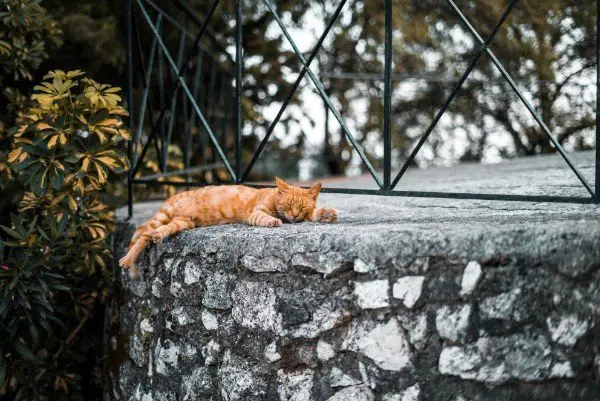
Of course, pet cats don’t need to hunt in order to survive but this behaviour can still be seen.
Being a carnivore is tiring work; chasing and hunting is an intense exercise that uses up a lot of energy.
Hunting would also usually take place during the twilight hours so sleeping during the day while being more active in the evening is very commonly seen in cats.
Time of Day
Cats are not actually nocturnal, a cat is naturally more active during dawn and dusk, this is known as being crepuscular.
These low light hours in the early morning and late evening would be the times when most other predators are not very active meaning it would be safer for cats to move around and hunt their prey.
Domestic cats will often alter their sleeping patterns to fit around feeding routines and socializing (seeing you).
You may notice your cat comes to greet you when you arrive home or is awake around feeding time but don’t be surprised if they soon go back to bed as that’s pretty normal.
You can expect your cat to be more active during twilight hours.
Cat Napping (Literally!)
When your cat is sleeping, they are more often than not just lightly dozing.
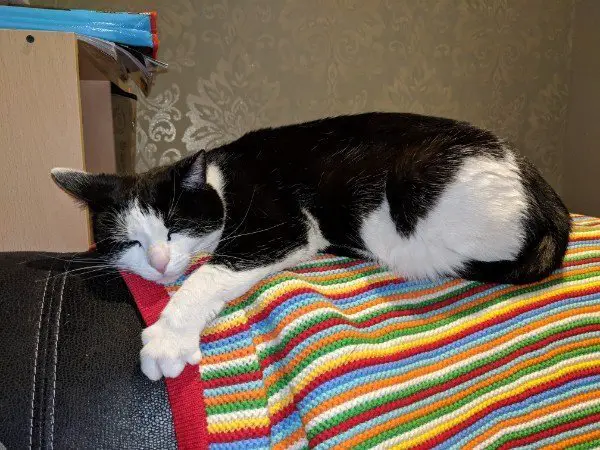
They are simply having a cat nap.
This light dozing as opposed to deep sleep allows your cat to quickly respond to any external stimuli should they need to protect themselves or hunt passing prey.
This is another aspect of being a wild cat, it is important for survival to be on alert even while resting.
Due to the size of cats, even though they themselves are hunters they would also be at risk of attack from larger predators likes foxes or dogs which is why they must remain alert at all times.
Periods of deep sleep tend to occur in short cycles so a cat will spend the majority of time in light sleep.
Also Read: How To Make A Cat Sleep Instantly
Sleeping Sitting Up
You may have seen your cat sleeping when they are sitting upright, maybe their eyes aren’t completely closed and you may even see their ears moving in response to noises.
If you’ve seen your cat doing this, they are simply snoozing.
Cats don’t have to be laying down to sleep and they will often take light naps when sitting upright.
A cat will usually only be laid down and curled up when they are in a deep sleep.
Your Cat’s Sleeping Patterns
Another consideration is that our favourite felines have different sleep patterns to us, as we mentioned a cat will spend most of its sleep time in light sleep.
To go into more detail, a cat will experience up to 30 minutes of light sleep followed by a few minutes of deep sleep before entering back into light sleep.
While they may appear to be sleeping ‘a lot’ by our standards, the amount they are sleeping is perfectly natural for cats.
Do Cats Dream?
Similar to humans, cats do enter REM sleep although they spend far less time in this stage than we do.
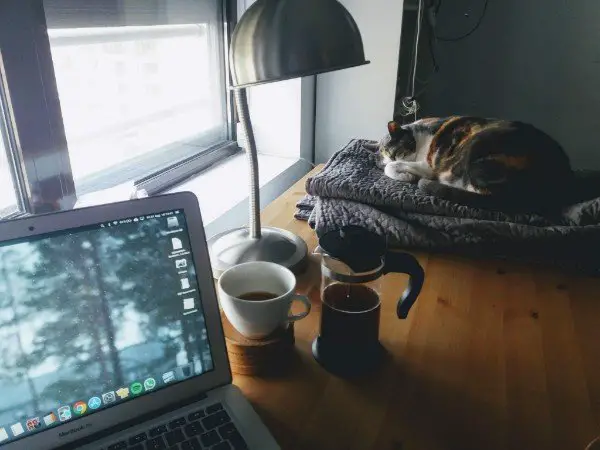
A human will be in REM sleep for between 90 and 120 minutes per night whereas a cat will only be in REM sleep for around 6 minutes.
Cats can and do dream – if your cat’s eyelids or whiskers are twitching when they are in a deep sleep this may be a sign that they are dreaming.
Outside of this time, your cat will likely be light dozing or catnapping as we mentioned earlier.
Does Age Impact the Amount Your Cat Sleeps?
Kittens and older cats will tend to sleep for longer, often sleeping for up to 20 hours per day.
Kittens require more sleep because they are growing, their bodies are hard at work developing and strengthening.
Sleep helps to keep your kitten healthy and gives the body time to repair itself.
Without enough sleep, kittens are more prone to infections and illnesses.
As many kitten owners know, when kittens are awake they can be very, very active.
They definitely make the most of all of that energy they’ve conserved but before you know it they will be once again curled up on your laptop having another snooze.
On the other side of the scale is older cats, these cats tend to be more tired and therefore benefit from sleeping more too.
Can a Cat Sleep Too Much?
Although cat’s do sleep for a large portion of the day, there comes a point when a cats sleeping is a sign of other issues.
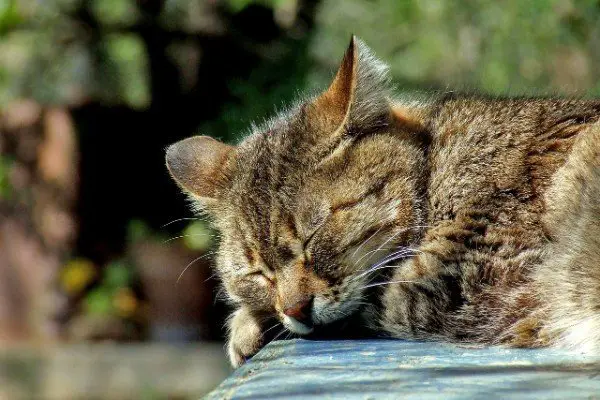
If your cat seems to be sleeping more than normal or seems tired or lethargic when awake this may be a sign of a health problem.
Health problems such as hyperthyroidism and anemia can have this effect so if you are concerned about your feline friend, don’t hesitate to take them to the vet for a checkup.
Overweight cats may also sleep more so ensuring your cat is a healthy weight can help to increase their energy and decrease the amount of time spent snoozing.
Changes in Your Cats Sleeping Pattern
If you’ve noticed a change in your cats sleeping pattern, whether they are sleeping less or more, it could be a sign of a medical problem.
It can often be helpful to observe how your cat is acting when awake to determine whether they are sleeping less or more because of pain or another issue.
A cat who is not sleeping as much as normal may be experiencing some level of discomfort.
My Cat is Awake During the Night
If you and your cat are on completely different sleeping patterns we understand it can be somewhat problematic.
Especially when your cat is waking you up during the night for playtime or for more food.
If this is the case and you have been dreaming of a full night’s sleep, there are a few things you can do to encourage your cat to sleep while you do.
Keeping your cat more active and entertained during the day with toys and playtime can help them use up some of that energy before nightfall.
Another great tactic to try is playing with your cat and using energy up before feeding time, then when you offer food (if you offer food in the evening) this will help to convince your cat to sleep during the night as they will be tired and full.
In the wild they would use energy to hunt their food so recreating this energy use via play can help to make them tired enough to sleep after they’ve eaten.
If you’re still having problems you could try to distract your cat with a food dispensing toy and if your cat has a habit of waking you up for food, it may be worth trying a timed cat feeder that makes the food available for your cat at a set time.
A Summary Of Your Cats Sleep
Cats make wonderful pets but they are sometimes a little misunderstood.
It’s completely normal for your cat to be sleeping throughout the day and they will often be more active around dawn and dusk.
A cat is usually more than happy to snooze the day away, just make sure they have toys and stimuli around for when they are wide awake and if you are worried about a change in their sleeping patterns or behaviour then do not hesitate to take them to the vet.
Most of the behaviours you are witnessing are simply hardwired into them from back when cats were hunting and fending for themselves.
Also Read: The Best 20 Cat Beds – Doughnut, Radiator, Luxury, Heated & Enclosed Cat Beds
As an Amazon Associate I may earn a small fee from qualifying purchases at no extra cost to you. This helps us run the site, so thanks for your support!

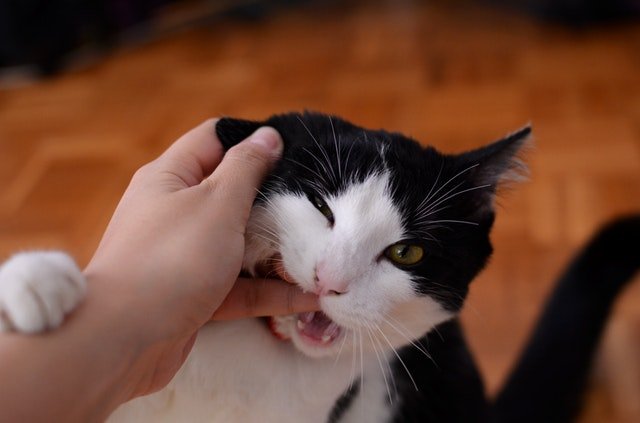
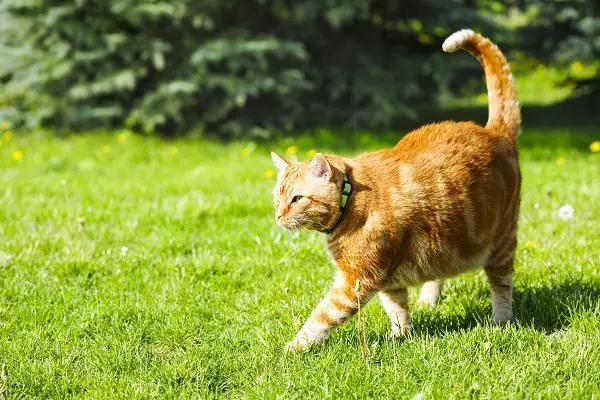
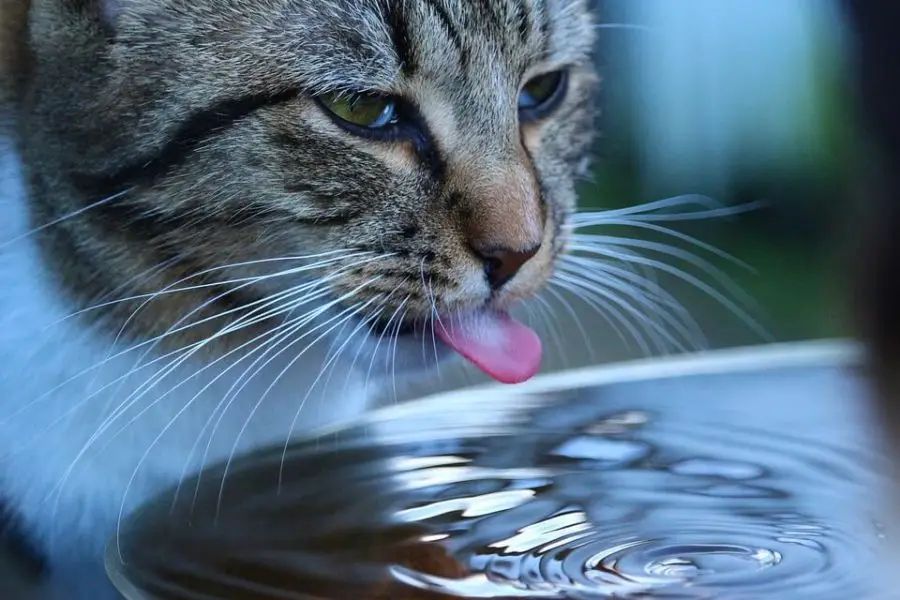
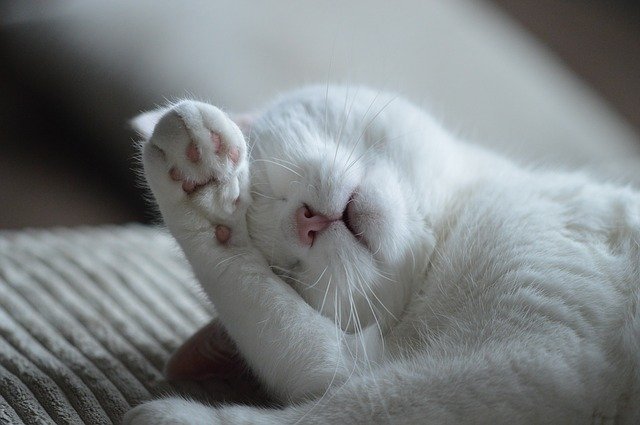
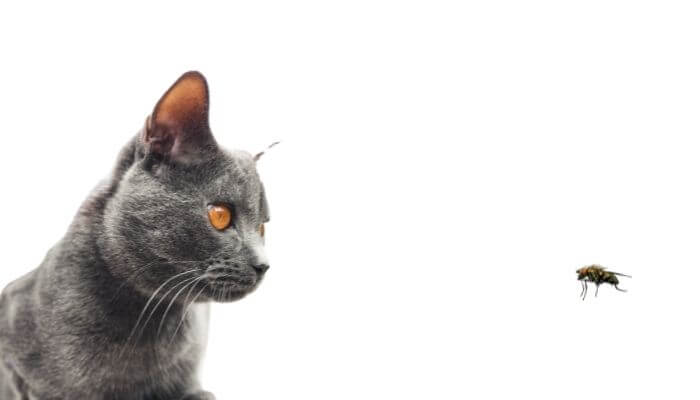

Leave a Comment